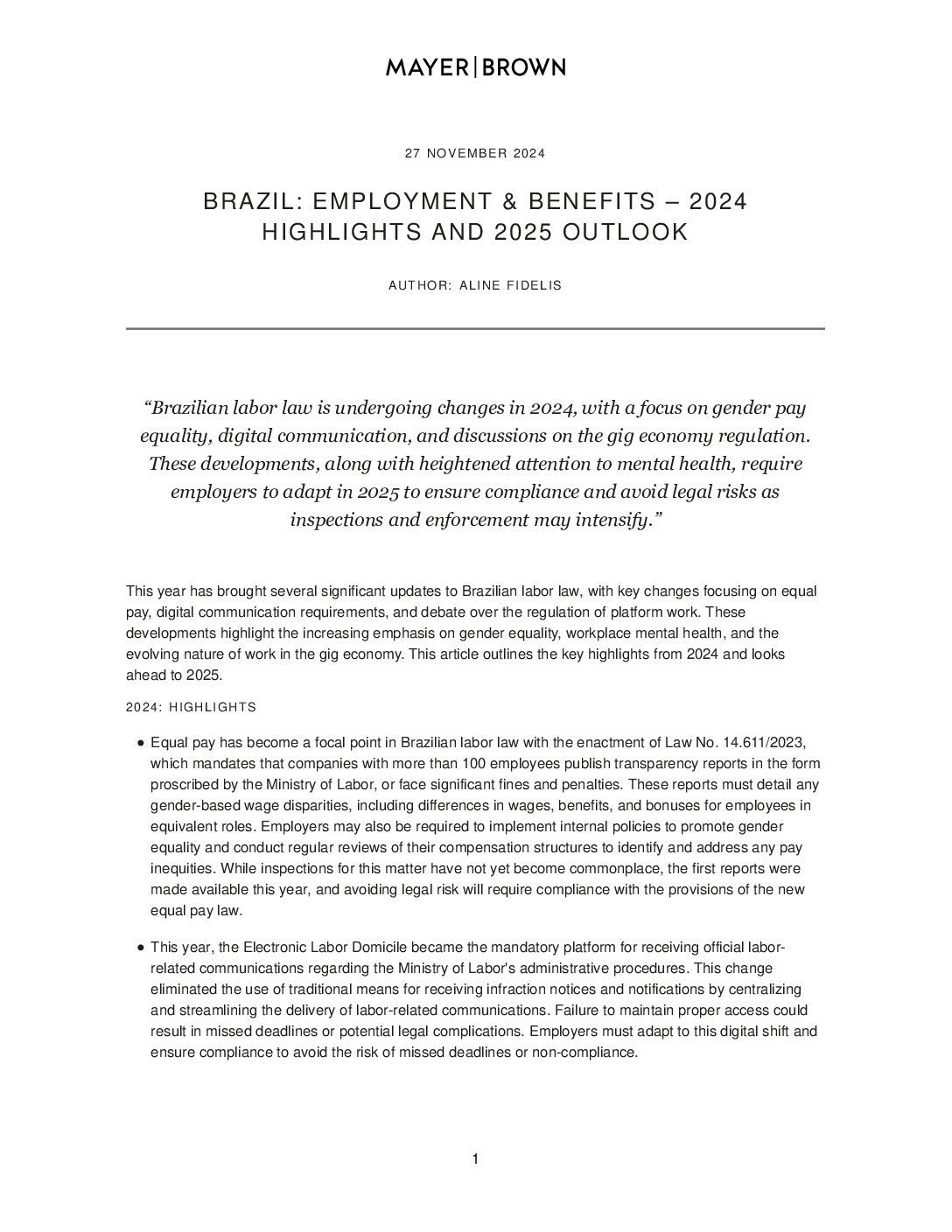Evaluation of Four Decades of Pension Privatization in Latin America, 1980-2020: Promises and Reality
By Carmelo Mesa-Lago
The author of this book has published other 40 on social security since 1968, dealing with pensions, health care, and social assistance, in seven languages and in 34 countries. His new book is a product of many works in the last 30 years, which have been integrated, updated, and expanded under a new methodological framework. The book thoroughly documents the effects of the privatization of pensions in nine countries in Latin America from 1980 until the present: Chile, Colombia, Costa Rica, Dominican Republic, El Salvador, Mexico, Panama, Peru, and Uruguay. This is done by contrasting the promises of the structural reformers with statistical series from the AIOS (international association of superintendencies of private pension funds), 22 statistical tables, four figures, and more than 200 bibliographical sources. The aspects tested are based on the ILO social security principles of universal coverage, social solidarity, gender equity, benefit sufficiency or adequacy, efficient administration and reasonable costs, and financial and actuarial sustainability. In addition, the book assesses the performance of similar principles in public PAYG systems in Argentina, Bolivia, and Brazil, and public pillars in mixed or parallel systems in Colombia, Costa Rica, Panama, Peru, and Uruguay. All together it compares 17 different pension systems in the region with a standardized methodology. It ends with conclusions and detailed recommendations for all the countries. A good complement to Ortiz, Duran-Valverde, Urban and Wodsak, eds., Reversing Pension Privatizations: Rebuilding Public Pension Systems in Easter Europe and Latin America, Geneva, ILO.
Geth the book here
365 views









